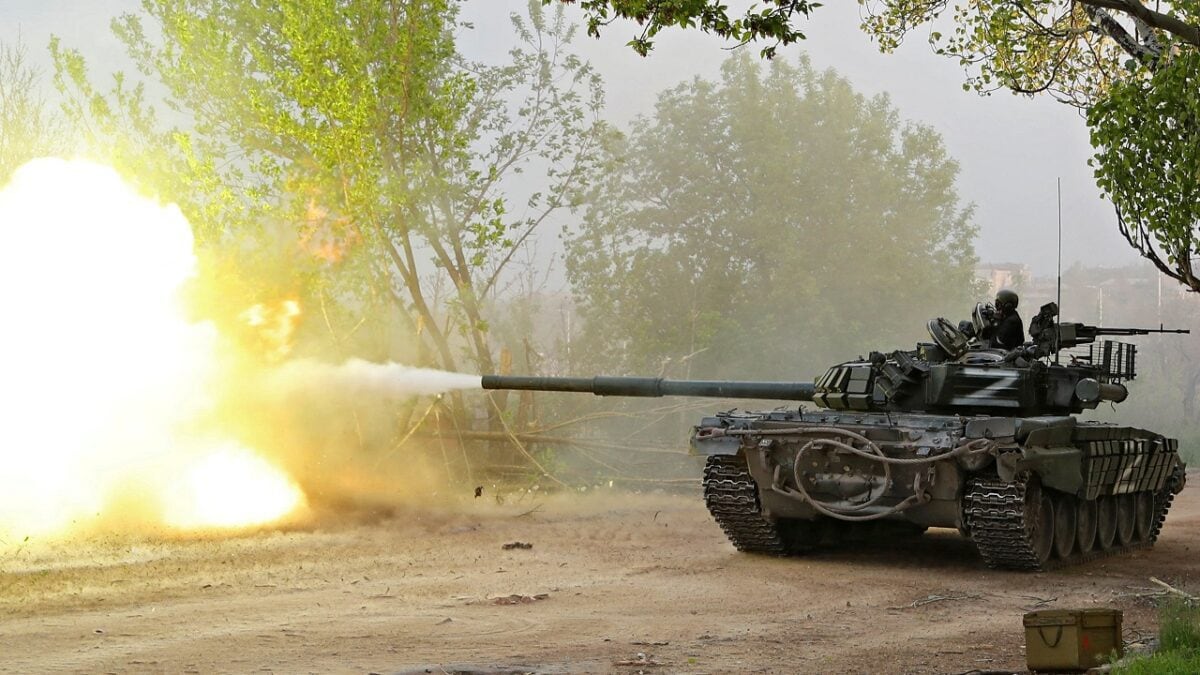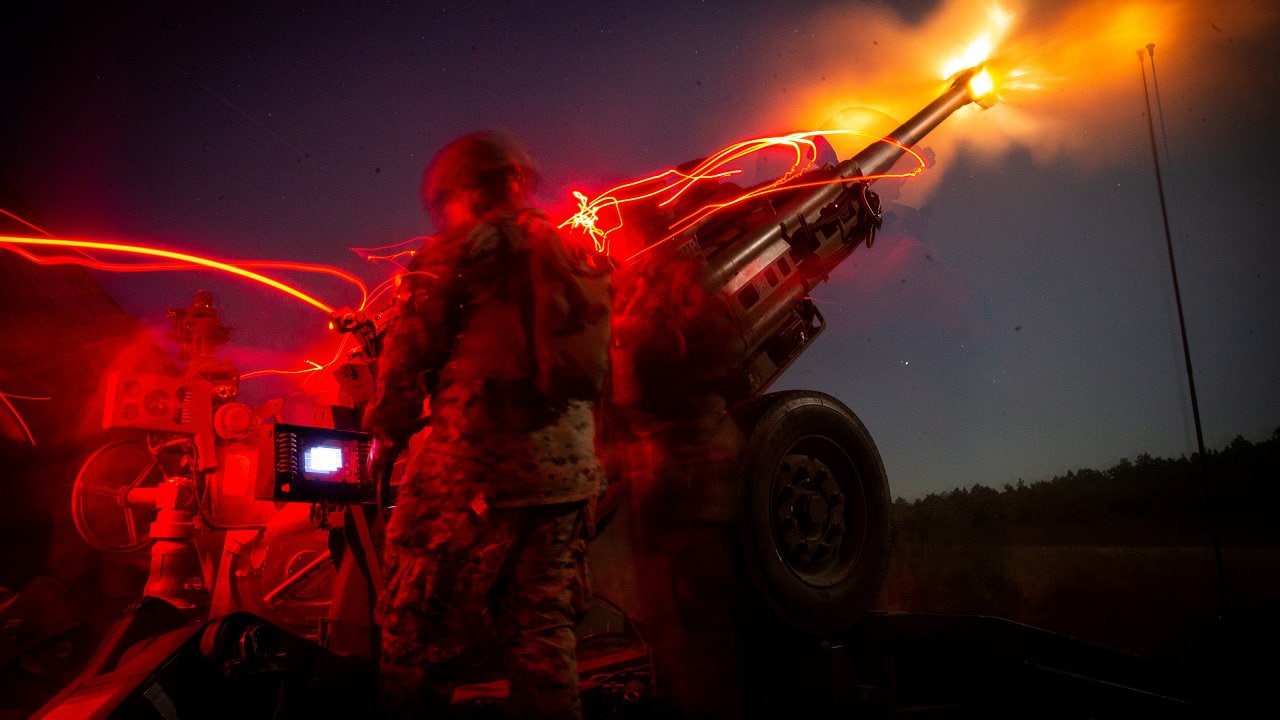Can Russia win the battle for Donbas? On day 92 of the Russian invasion of Ukraine, the Russian military is still trying to achieve a breakthrough in eastern Ukraine in the Donbas region.
The Russian forces have shifted their approach, focusing now on small, localized encirclements of Ukrainian positions rather than the sweeping envelopments that the Russian high command envisioned at the start of the second phase of the war, which began with the renewed Russian offensive in April.
The Battle for the Donbas
The Russian military is throwing increasingly more resources into the Donbas in an attempt to gain some ground. The Russians are using their long fires capabilities to great effect, denying territory to the Ukrainians or forcing them to withdraw. Historically, artillery has always been one of the strongest arms of the Russian military.
To achieve a breakthrough, the Russian military has amassed significant forces in the region—the U.S. military estimates over 105 battalion tactical groups—and in places, it outnumbers the Ukrainian forces. According to the Ukrainian General Staff, in some areas of the Donbas, the Russian forces outnumber the Ukrainian troops but up to 7 to 1.
Conventional doctrine dictates that an attacker needs at least a 3 to 1 numerical superiority to succeed in an offensive. To be sure, the quality, morale, and equipment, among several other factors, of the troops play a critical role in an offensive operation, and troop numbers alone don’t guarantee success, as we have already seen in Ukraine.
Moreover, these figures don’t mean that the Russian military has an overall numerical superiority. But Ukraine is vast, and the Donbas is a big battlefield. So whichever side manages to achieve relatively superiority, even if temporary, at a particular place and then take advantage of it could achieve a breakthrough.
The Ukrainian Ministry of Defense claimed that as of Thursday, Ukrainian forces have killed approximately 29,600 Russian troops (and wounded approximately thrice that number), destroyed 206 fighter, attack, and transport jets, 170 attack and transport helicopters, 1,315 tanks, 617 artillery pieces, 3,235 armored personnel carriers, 201 Multiple Launch Rocket Systems (MLRS), 13 boats and cutters, 2,225 vehicles and fuel tanks, 93 anti-aircraft batteries, 502 tactical unmanned aerial systems, 47 special equipment platforms, such as bridging vehicles, and four mobile Iskander ballistic missile systems, and 114 cruise missiles shot down by the Ukrainian air defenses.
Beyond Donbas – Tracking Russian War Crimes and Atrocities
The U.S. was one of the first countries to formally accuse Russia of committing war crimes and other atrocities in Ukraine. It has been almost two months since the State Department officially announced its assessment that the Russian forces had been committing war crimes in several locations in Ukraine.
Now, almost two months later, the U.S. continues to be committed to tracking Russian war crimes and helping bring those responsible to justice. In partnership with the European Union and Ukraine, the U.S. has launched the Atrocity Crimes Advisory Group for Ukraine.
“Evidence continues to mount of war crimes and other atrocities committed by members of Russia’s forces in Ukraine. In addition to continued bombardments and missile strikes hitting densely populated areas, causing thousands of civilian deaths, we continue to see credible reports of violence of a different order: unarmed civilians shot in the back; individuals killed execution-style with their hands bound; bodies showing signs of torture; and horrific accounts of sexual violence against women and girls,” State Department spokesperson Ned Price said in a press briefing.
The Atrocity Crimes Advisory Group for Ukraine will provide strategic advice and operational assistance to the Office of the Prosecutor General of Ukraine, which is the legal body responsible for investigating and prosecuting Russian war crimes and other atrocities. The Atrocity Crimes Advisory Group for Ukraine will work with and reinforce with ongoing efforts to support the Ukrainian investigations and the prosecution of Russian war crimes in Ukraine.

Service members of pro-Russian troops fire from a tank during fighting in Ukraine-Russia conflict near the Azovstal steel plant in the southern port city of Mariupol, Ukraine May 5, 2022. Picture taken May 5, 2022. REUTERS/Alexander Ermochenko
“Although the United States and our partners are supporting a range of international efforts to pursue accountability for atrocities, the OPG will play a crucial role in ensuring that those responsible for war crimes and other atrocities are held accountable at the domestic level. The ACA is an essential element of the United States commitment to seeing that those responsible for such crimes are held to account,” Price added.
1945’s New Defense and National Security Columnist, Stavros Atlamazoglou is a seasoned defense journalist specializing in special operations, a Hellenic Army veteran (national service with the 575th Marine Battalion and Army HQ), and a Johns Hopkins University graduate. His work has been featured in Business Insider, Sandboxx, and SOFREP.

